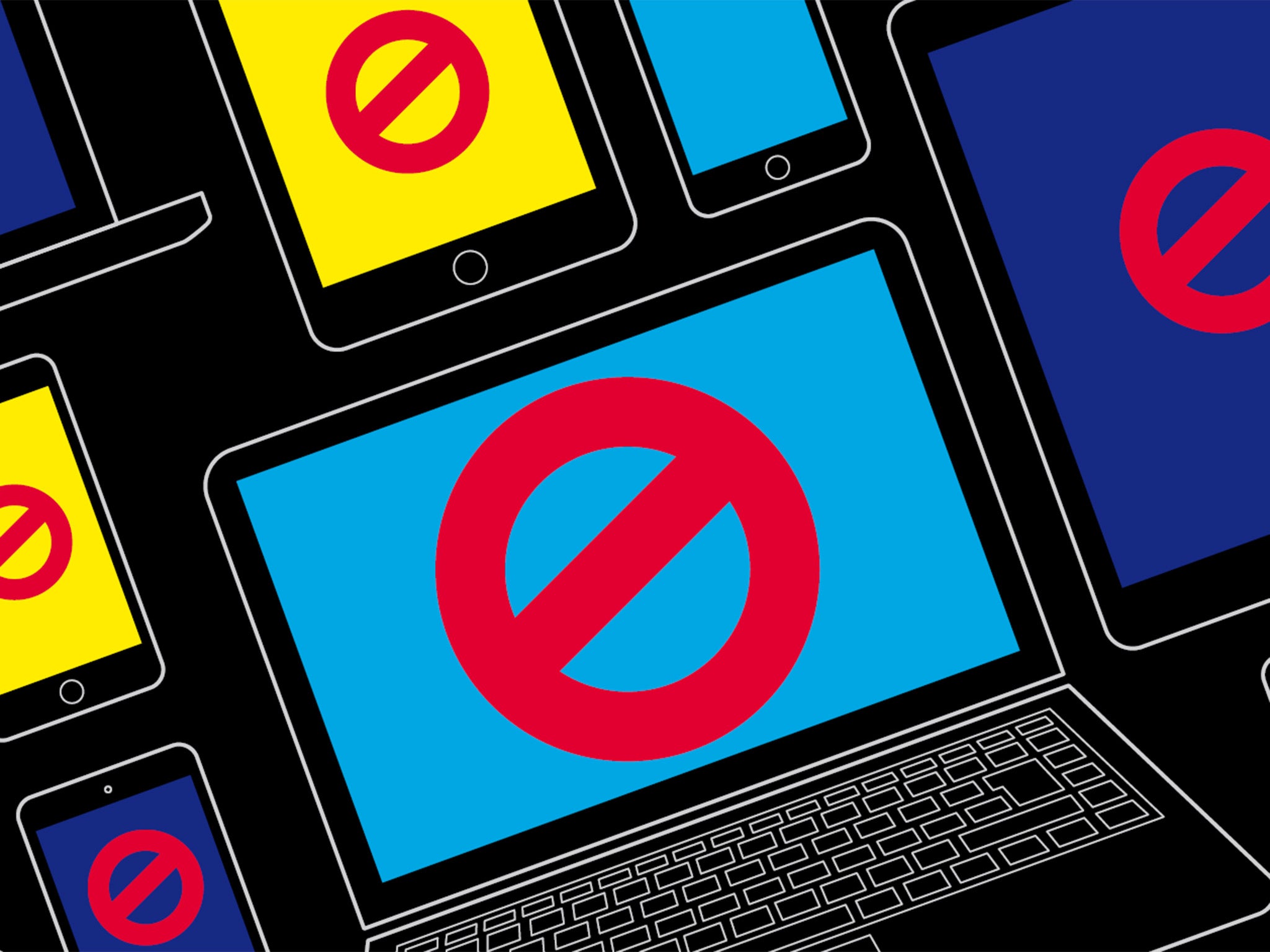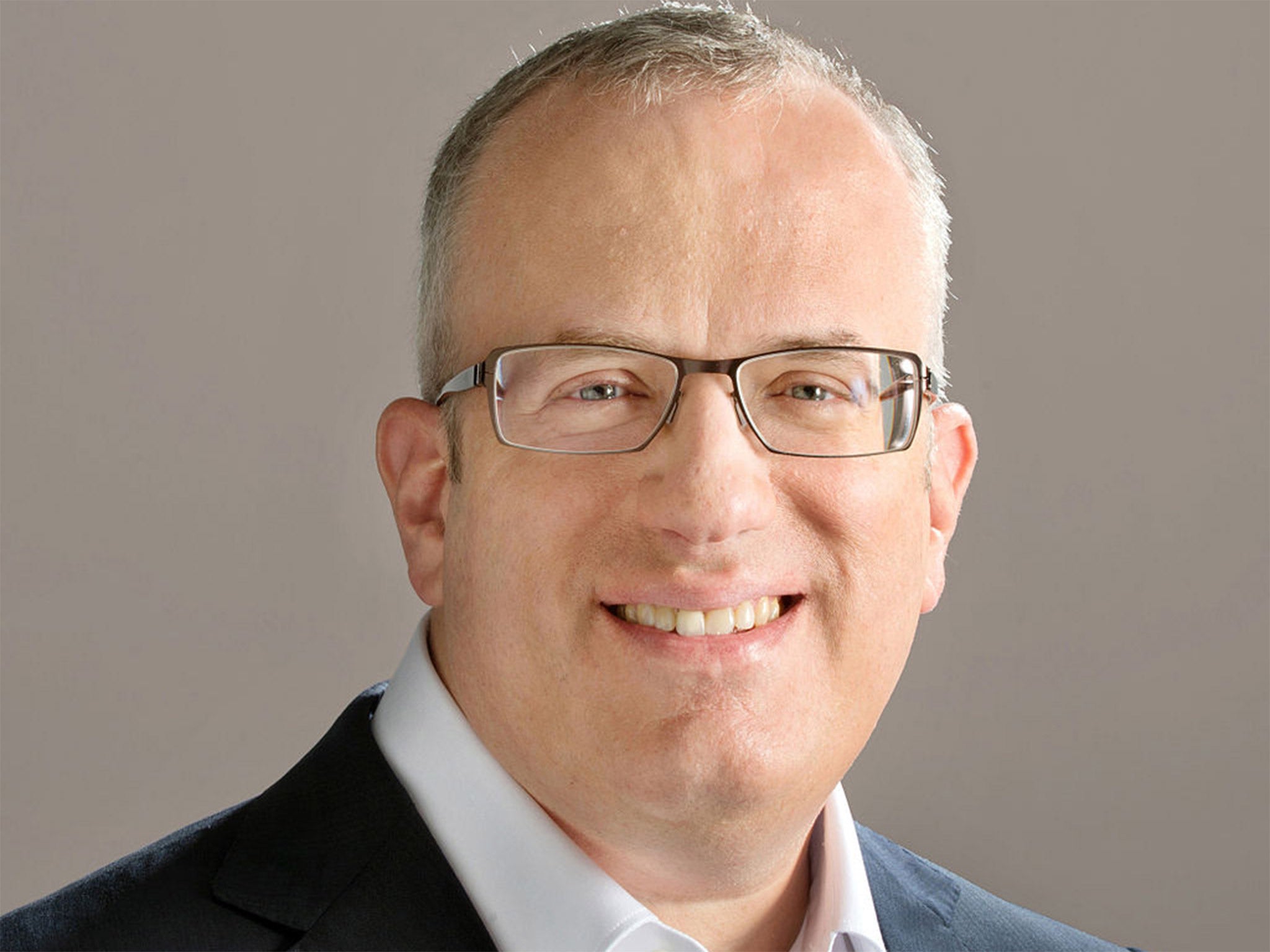Ad-blocking software: Could Brendan Eich's Brave browser save the internet?
Ad-blockers are increasingly sophisticated – which may be great for the consumer but what does it spell for the future of a medium utterly reliant on income from advertising? Brendan Eich is looking to clean up, says Kevin Maney

Will someone please save the internet? How about the guy who invented the thing that is now mucking it up?
At the centre of the web's crisis is ad-blocking software. You might have it on your phone or browser, perhaps stifling the very sources of revenue that allow this publication to fund me to click-clack on my keyboard. Ad blockers are becoming extremely popular very quickly: Global web Index says that 40 per cent of the world's internet users have installed some sort of ad blocker, up from just 28 per cent in mid-2015. Adoption is expected to spike.
It's hard to blame users for climbing aboard this train. Ads have gone too far and broken the bargain consumers were once willing to make to get free content. Ads pop up and play in the middle of articles, crowd phone screens and suck up computing resources. Meanwhile, in the background, ads track us, collect data on us and steal our privacy.
Most people wouldn't go out of their way to install ad-blocking software unless they were fed up. Clearly, a huge number of us are fed up. This is a problem because a great deal of the internet is built around advertising. It pays for news, videos, social media, search, email, maps, music and a whole lot more. We have got used to free content and services, and have agreed to "pay" for them by enduring ads and exposing our identities. If we all load ad blockers, many of the creators of content and services will see their oxygen cut off and will perish.
If internet ads are the last lifeline for journalism, the underpinnings of an informed democracy will soon wear away. Lately, tactics in the ad-block wars have escalated. Recently, the German Bild newspaper banned anyone running an ad blocker from accessing its site. Some sites are deploying anti-ad-blocker software, which will only entice people to install anti-anti-ad-blocker software. The Interactive Advertising Bureau withdrew invitations to executives from Adblock Plus to its forthcoming leadership summit. It's getting ugly.
Enter Brendan Eich. He is pretty famous in internet circles. Way back in 1995, while working at Netscape, Eich created JavaScript in about 10 days of frenetic work. JavaScript today makes possible most of the annoying, privacy-sucking ads that we want ad blockers to block. Two decades ago, there was no way to foresee how JavaScript might play out, but Eich's youthful 10-day programing burst is now crippling the web.
Eich is also famous for co-founding Mozilla, which brought us the Firefox browser and helped break Microsoft's early grip on the web. (Eich resigned as Mozilla's CEO in 2014 after he was hounded for donating $1,000 to back California's anti-gay-marriage proposition.) But the important point here is that on two separate occasions, Eich made something that remade the web, and now he's trying to do it again.
Recently, Eich let loose a new invention called Brave. It's a whole browser built to block ads. Use Brave and no ads will get through, and no bits of software from sites will be able to track anything you do or know anything about you. Yet, Eich says, "we're doing something bigger. We're building a solution designed to avert war and give users the fair deal they deserve."
How? Brave collects anonymised user data, untraceable to you but interesting enough so that you can be segmented into a likely audience for certain kinds of ads. Then Brave inserts its ads in a way that won't affect the page's performance or give up your personal data, and Brave will return to publishers 55 per cent of the revenue – perhaps up to 70 per cent.
Brave is a for-profit company co-founded by Eich and former Khan Academy executive Brian Bondy, and it raised $2.5m (£1.75m) in funding in November, including a small bit from John Taysom, a venture capitalist who, working for Reuters ages ago, cut a deal with Yahoo that pioneered news on the web. But like Firefox, the Brave browser is open source, so anyone who knows programming could inspect the code to make sure Brave is doing what it promised.

The plan can sound a little Sisyphean, yet it makes sense. It's a big hurdle to get people to use a new browser, but the promise of a browser that cleans up the web experience will be a lure. And if Brave starts to gain users, publishers might look at a future of fencing with ad blockers and conclude Brave seems like a better option. "We hope our users will form a valuable enough audience that our browser-side anonymous targeting will get ads from the buy side organically," Eich says.
At least Brave puts a desperately needed new idea into the mix, and it has people talking. Google is throwing out another idea with its Contributor project – a service that blocks ads and gives users the option to donate money to help fund the publishers whose ads they are blocking. Though, generally speaking, solutions that rely on charity are a little sketchy. Anyway, people like Taysom at least hope that Brave and other concepts like it "give publishers the encouragement they need to rally and fight back," as he puts it.
The real win would be if Brave can build up enough cachet to sell its technology to other browser-makers, which would create a critical mass of users and stir real change in the way web advertising works. At some point, we might have a speedier, smoother internet experience – and one that doesn't compromise our privacy.
After all, we really like having advertisers pay for all the stuff we get on the web, just as we like advertisers to pay for us to watch the Super Bowl. We just need a bargain that doesn't kill the goose, cook the egg and leave democracy hanging by its last knuckle.
© Newsweek
Join our commenting forum
Join thought-provoking conversations, follow other Independent readers and see their replies
Comments
Bookmark popover
Removed from bookmarks